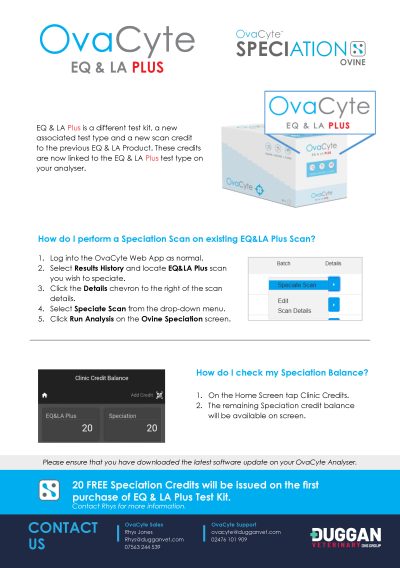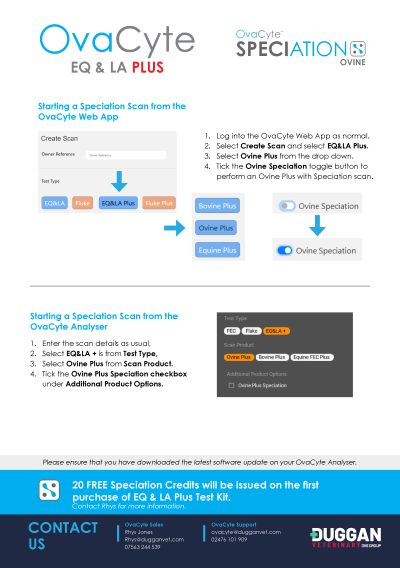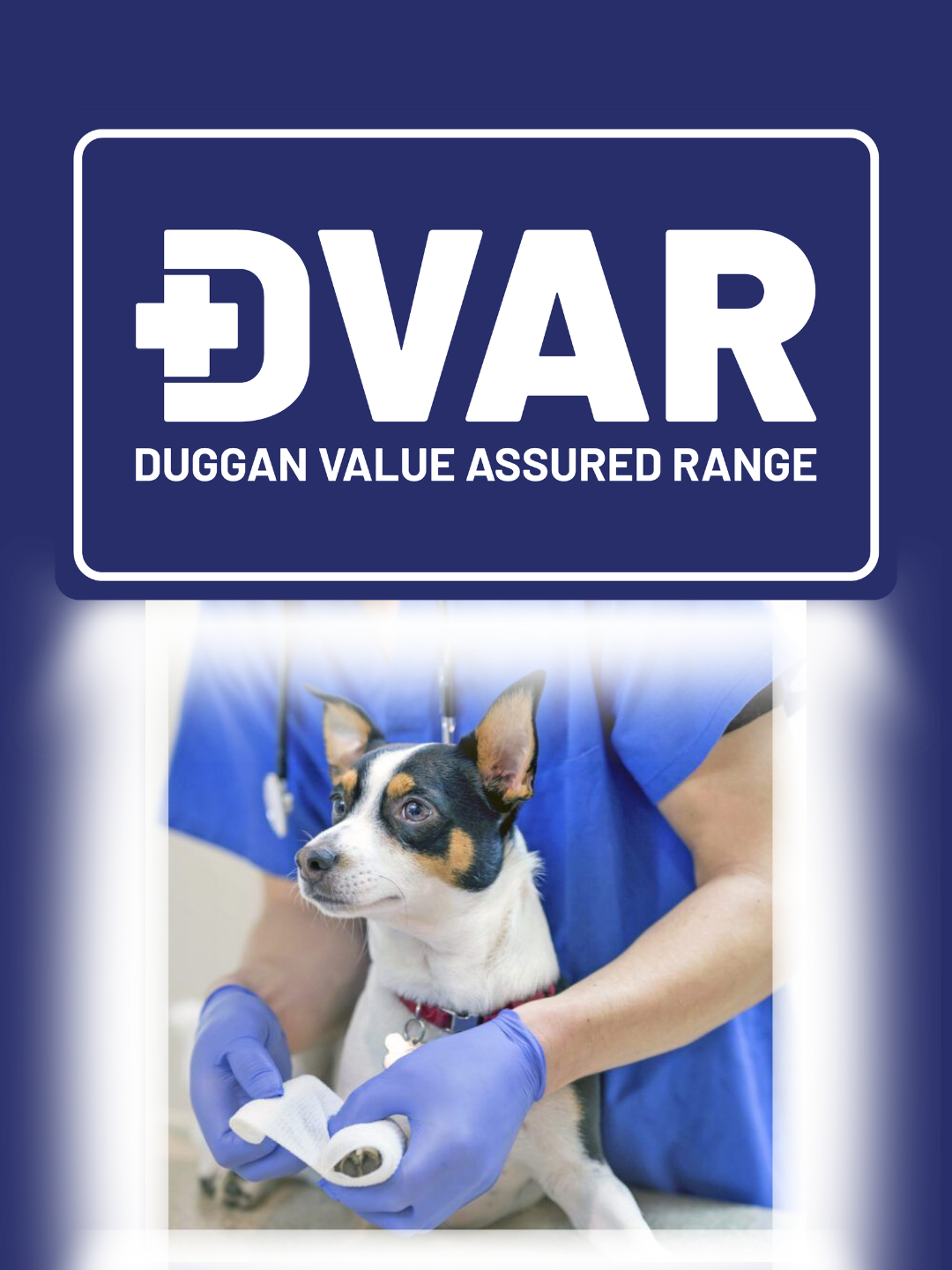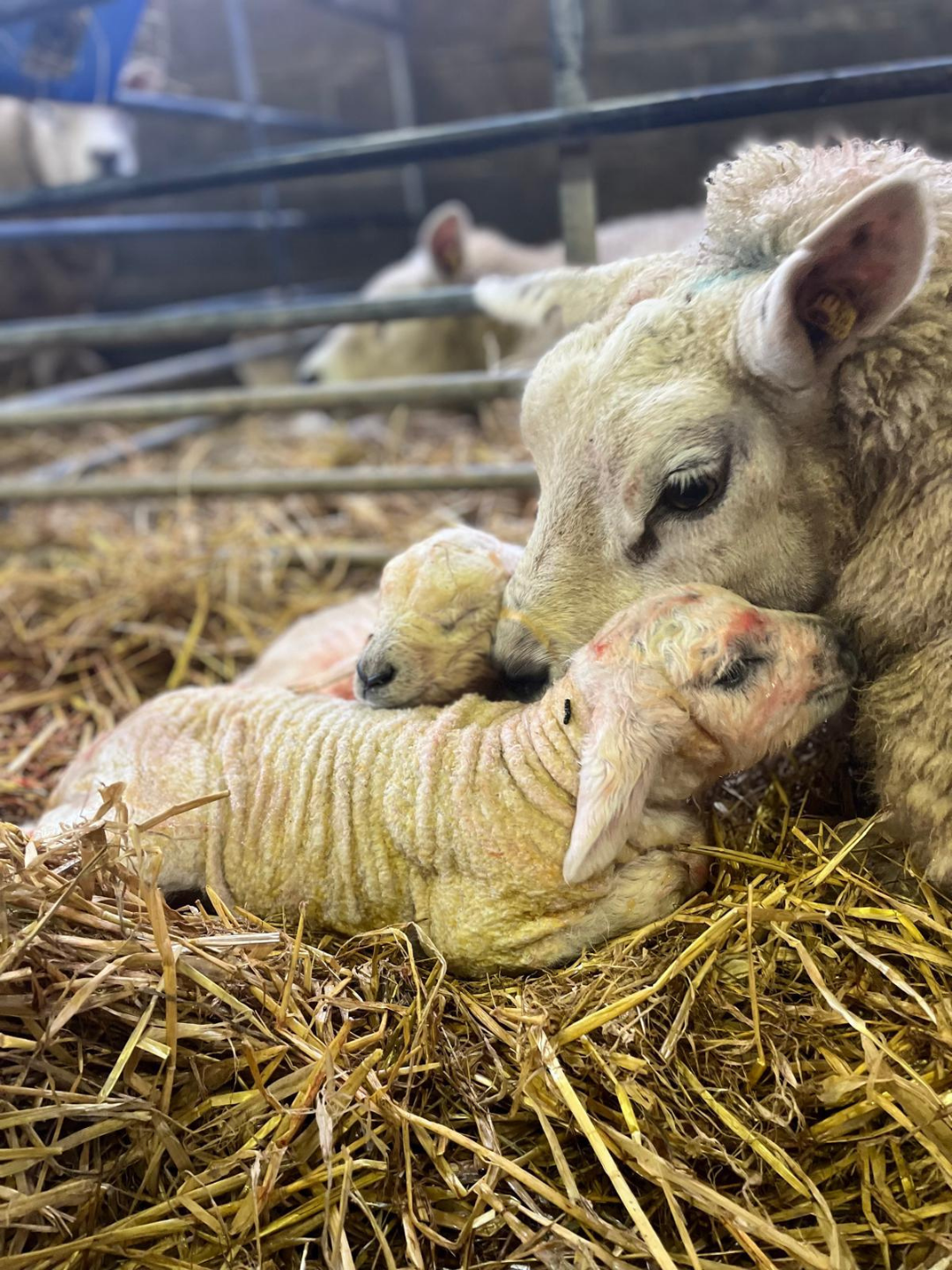In the first of our 6 part OvaCyte Blog Series, we look at the innovation that is Speciation, and how it can work for your parasite control programmes!
“Test Don’t Guess” is the mantra of many veterinarians and parasitologists world-wide. It refers to analysing animal faeces 💩 for presence of parasite eggs or oocytes and using that information to determine if treatment with anthelmintics is necessary.
OvaCyte has established itself as a leading point-of-care faecal analyser with science backed results in veterinary clinics worldwide. Now it is expanding “Test Don’t Guess” and has developed the first inhouse testing capable of Speciation: the identification of faecal parasite eggs on a species levels!
Speciation is defined as the formation of a new biological species by the process of evolution. While Telenostic are not bringing new parasites to life, it is bringing OvaCyte Speciation, a new evolutionary technology on the OvaCyte machine, straight into veterinary clinics. This science backed technology allows analysis of animal faeces 💩 for presence of parasite eggs or oocytes on a species level.
Both Haemonchus contortus and Nematodirus battus, two gut parasites that cause significant threats to welfare and substantial economic losses worldwide in sheep, are now included in Ovacyte Speciation.
OvaCyte Speciation Consideration – why is this ability to identify these eggs so important?
In or around 300BC Sun Tzu, a Chinese military general and strategist, wrote “If you know the enemy and know yourself, you need not fear the result of a hundred battles”. He more than likely was not taking about gut parasites in ruminants but none the less it rings true in our battle with ruminant parasites on a daily basis. Each parasite has its own specific lifecycle, host and control strategies and a one-fits-all approach to treatment and control is not always successful. Maximising the information we get from our faecal egg counts allows strategic “battle” plans to be created, give detailed information on “enemy frontlines” and allows planned offensive/defensive tactics.
OvaCyte Speciation Implementation – how can speciation work for your parasite control programmes!
- Rapid identification of species- specific parasite eggs in the clinic means vets can react quickly, avoiding the need to send samples to referral labs which may delay results. Both parasites can cause hyperacute and acute disease which need prompt veterinary intervention to avoid potential catastrophic losses in affected animals.
- Speciation identification can be used to decide if monodrug therapy would be more appropriate rather than blanket treatments, or if treatment is even necessary.
- Speciation allows a detailed parasite mapping of farms, acting as a baseline for continuing monitoring and assessment of parasite burdens and populations. Targeted parasite control programmes can then be implemented based on parasite lifecycles, host predilections and farm environment.
- Speciation further enhances quarantine control programmes on farms enabling screening of new arrivals to assess parasite burdens and minimise the introduction of new parasite species onto the farm.
OvaCyte Speciation is now available in the UK on our EQ & LA Plus Cassettes, and will be available in Ireland in November 2025 on our EQ & LA Dual Cassettes. Contact us for more information.





